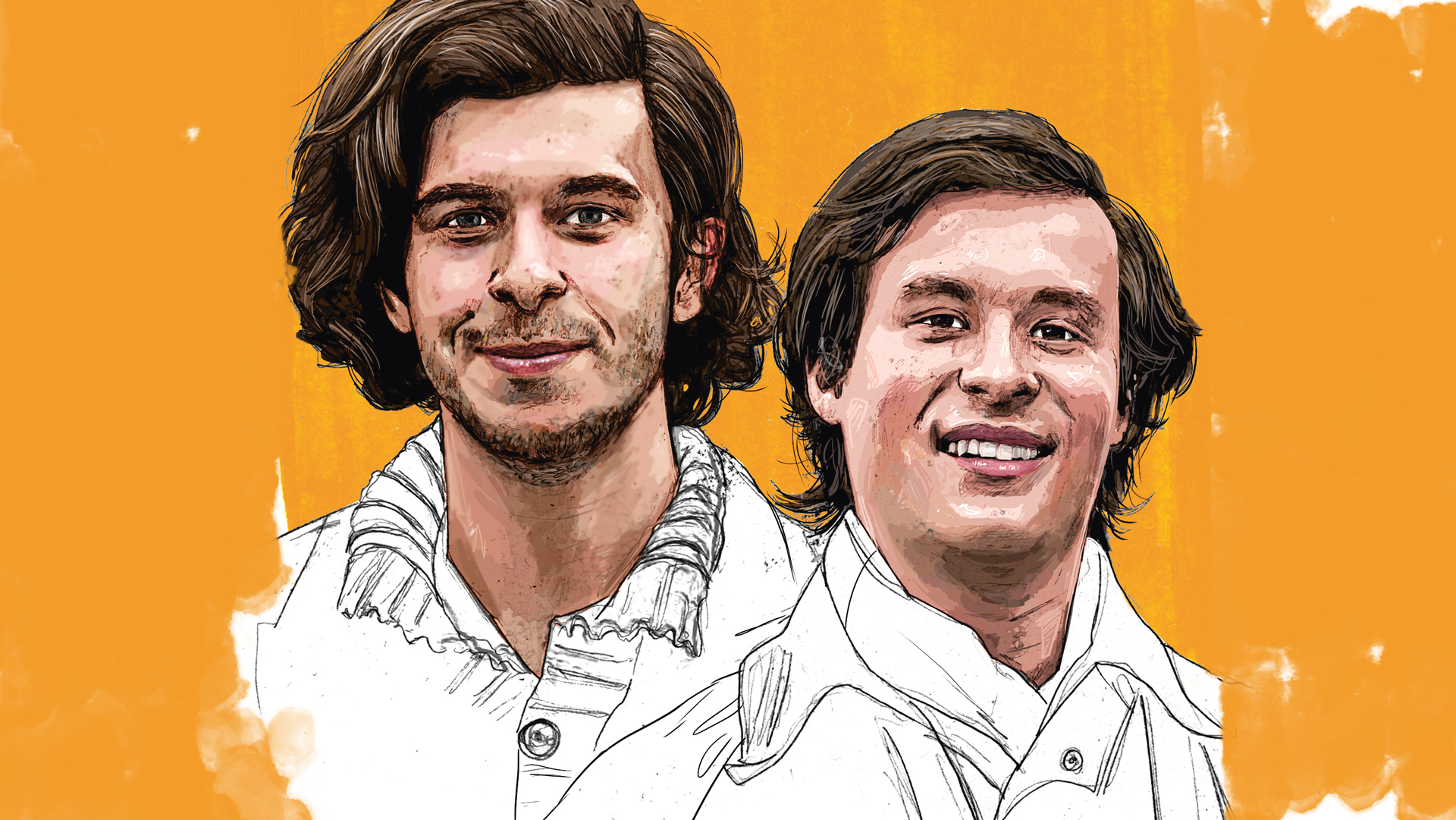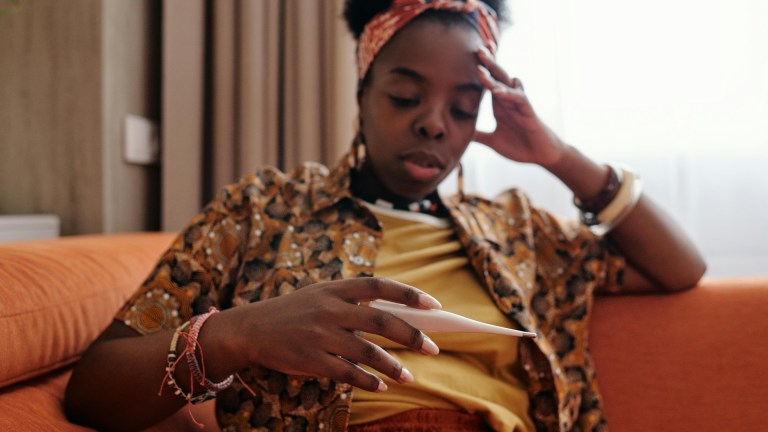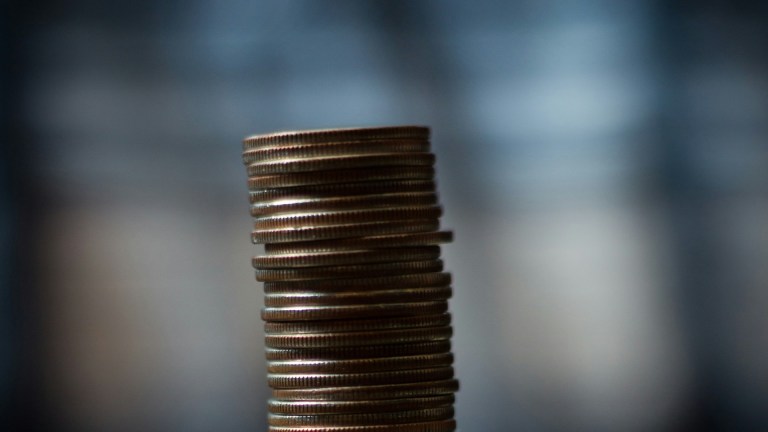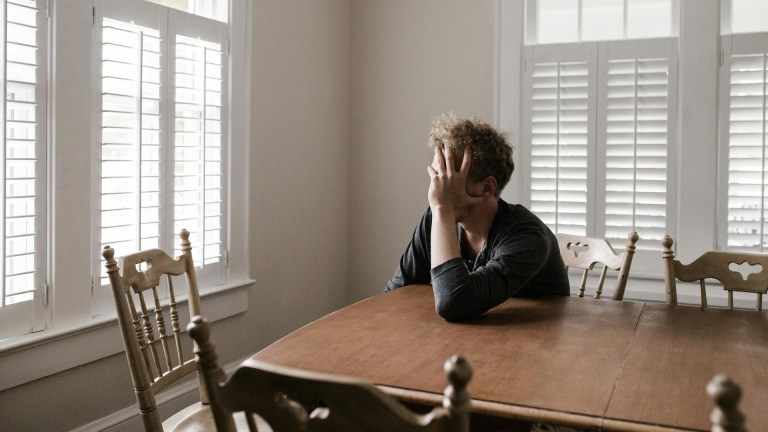What would you do if you were separated from your family, under hugely dangerous circumstances, for months at a time? You’d probably want to call them. That’s what Samuel Kellerhals and Alexandros Angelopoulos thought when they created Elpis Solar, a non-profit organisation getting solar-powered phone chargers, water-filtration systems and the chance to earn an income to those living in Greek and Rwandan refugee camps.
The duo became friends when studying for degrees in environmental sciences at the University of Edinburgh. In 2015, Angelopoulos spent the summer in his native Greece at the height of the refugee crisis. He was horrified by the difficult conditions he witnessed people living in, but surprised by the one request they all seemed to share – a phone charger.
“Many of them will have walked for days or even weeks, using phones to find their way or get in touch with their families. And sometimes it’s their only way of accessing life-saving information. It’s very much a lifeline,” explains Swiss-born Kellerhals, 24. “In second year, when he came back to Edinburgh, he told me what he’d seen and we decided to look at ways we could help.”
The idea for the devices came easily enough, Kellerhals explains, and the tech is quite simple – it just took someone to realise how valuable it could be. After crowdfunding £4,000 and winning further support from their university, they had the devices made – before the pair and a team of fellow students travelled to Greece to pilot them. The stations can be charging 12 phones an hour for about 10 hours per day. Nearly 800 people were forced to share one plug in a camp near Athens.
They’ve been back every year since. “As it unfolded, we learned about more and more needs that weren’t being met there,” Kellerhals explains. The Elpis team saw that people were desperate for access to clean water and that there was a dearth of simple information.
If we can empower refugees to provide them themselves, even better
From that point, still completing their studies, they installed new devices every year. The range of services they were making accessible to refugees grew – they were able to provide large-scale water filtration systems, and got to work on a 250GB digital-knowledge base that can be accessed by smartphones, even without internet.









